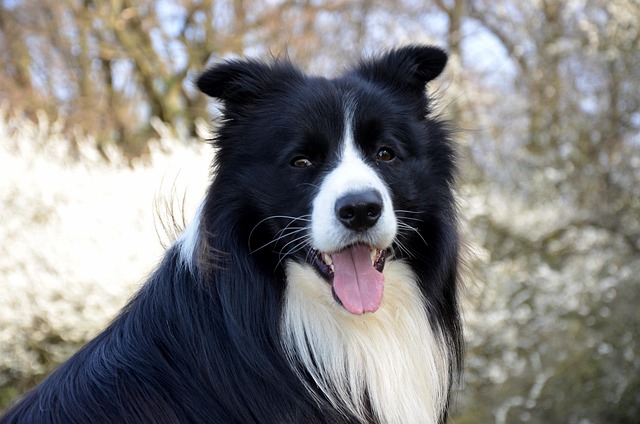
How can I tell if my dog's heatstroke is serious
Let’s be real: It’s a sticky August morning in Los Angeles, and you took your 2-year-old Golden Retriever, Max, for a walk a little later than usual
You fill your German Shepherd’s bowl twice a day, watch them clean it in minutes, but still notice their ribs peeking through their coat—and it’s hard not to worry. These dogs are built for strength, so a too-skinny frame can feel off, even if they seem eager to eat. The good news is there are common, fixable reasons behind this, and addressing them starts with staying aligned with local pet care rules.
First, consider their energy level—German Shepherds are working dogs, and if yours gets more exercise than usual (like extra hikes or playtime at the dog park), they might burn calories faster than they take them in. It’s not just about how much you feed, but what: look for high-protein kibble (22-26% protein, per most regional pet nutrition guidelines) to match their activity. Skipping low-quality food helps too—filler-heavy brands leave them full but not nourished.
 Underlying health issues could also be at play. Things like parasites (common even in well-cared-for dogs) or thyroid problems can stop their body from absorbing nutrients, even with a good diet. This is where a vet visit matters—not just for diagnosis, but because many areas require regular checkups to comply with pet health regulations. A quick stool test or blood work can rule out easy-to-treat issues.
Underlying health issues could also be at play. Things like parasites (common even in well-cared-for dogs) or thyroid problems can stop their body from absorbing nutrients, even with a good diet. This is where a vet visit matters—not just for diagnosis, but because many areas require regular checkups to comply with pet health regulations. A quick stool test or blood work can rule out easy-to-treat issues.
Behavioral quirks might factor in too. Some German Shepherds eat fast (a trait from their herding roots) but don’t chew well, leading to poor digestion. Try a slow-feeder bowl—local pet stores stock them, and they help your dog absorb more nutrients by slowing down mealtime. Also, check if other pets are stealing food; even subtle snacking from a housemate can cut into their calorie intake.
Always avoid self-diagnosing or overfeeding to “fix” the issue fast. Overloading their bowl can lead to bloat—a life-threatening condition common in deep-chested breeds like German Shepherds—and violates best practices outlined in many regional pet welfare laws. Patience is key; once you pinpoint the cause, most dogs gain healthy weight within a few weeks.
Figuring out why your German Shepherd is skinny but eats a lot means balancing observation (watching their activity, digestion) with professional guidance. By sticking to vet advice and local pet care standards, you’ll help them reach a strong, healthy weight—no guesswork needed. A happy Shepherd is one who’s full, active, and thriving, and that starts with getting to the bottom of their slim frame.

Let’s be real: It’s a sticky August morning in Los Angeles, and you took your 2-year-old Golden Retriever, Max, for a walk a little later than usual

You're enjoying a summer afternoon at the park when you notice your dog has stopped panting and appears disoriented - their gums are bright red

Let’s paint the picture: You’re in your Denver apartment, watching your 4-year-old Boston Terrier, Ruby, plop down mid-play session with her favorite toy

Many dog owners notice their pets nails seem shorter after regular walks,but how much does this daily activity actually help?The answer depends on where you walk—concrete sidewalks or asphalt streets gently file nails as a dog's paws hit the ground

Most dog owners notice their pup scooting across the carpet at some point, but few connect it to impacted anal glands. These small sacs near a dog’s rectum secrete a scent for marking territory

Most vets agree that regular dog teeth cleaning is key to avoiding painful dental issues later. For healthy adult dogs, a professional cleaning at the vet’s office every 12 to 18 months usually works well.